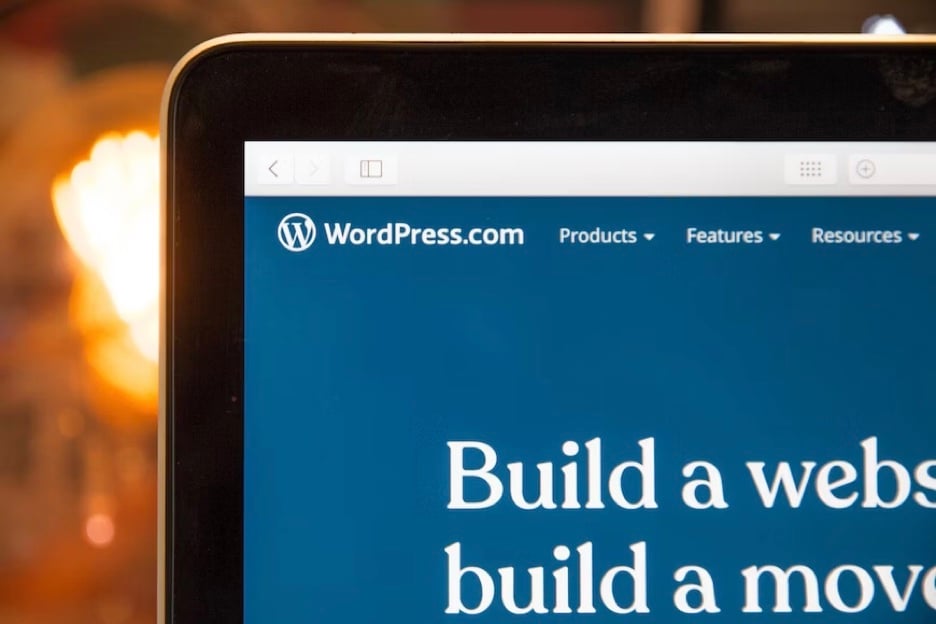
As the world of online business continues to grow, choosing the right Content Management System (CMS) for your e-commerce website becomes crucial. A CMS serves as the backbone of your online store, influencing how you manage your products, interact with customers, and showcase your brand. With a plethora of options available, it’s essential to assess the key factors that will influence your decision. In this blog, we will explore several vital factors to consider when selecting a CMS for your e-commerce website, ensuring that you make an informed and strategic choice for the success of your online business.
E-commerce Features and Functionality
The first and most critical factor to consider is the availability of e-commerce features and functionality offered by the CMS. When selecting a CMS for your e-commerce website, it’s essential to consider the availability and effectiveness of these features. A robust CMS should offer a comprehensive set of e-commerce tools, including product management, inventory tracking, shopping cart functionality, and secure payment gateways.
Additionally, integration with third-party tools for marketing, analytics, and customer support is vital for optimizing business operations. A CMS with strong e-commerce features empowers businesses to provide a seamless and enjoyable shopping experience for customers while streamlining back-end processes, ultimately contributing to increased sales and customer satisfaction.
Scalability and Flexibility
As your e-commerce business grows, your website’s demands will evolve as well. It’s essential to choose a CMS that can scale with your business needs. Evaluate the CMS’s ability to handle increased traffic and higher volumes of products. A flexible CMS should allow you to customize the website’s appearance and functionalities as per your changing requirements. Utilizing Sanity CMS and other similar CMS that offers headless content management enhances the flexibility and scalability of businesses by allowing them to create a new website conveniently from stored business content data. Scalability and flexibility are key to future-proofing your e-commerce website and avoiding the hassle of migrating to a new CMS down the line.
User-Friendliness and Ease of Use
Running an e-commerce website involves constant updates, from adding new products to managing customer orders. A user-friendly CMS with an intuitive interface allows website owners and content managers to navigate the system effortlessly, enabling them to update product information, manage inventory, and process orders with ease. Such a CMS should offer simple content editing tools, drag-and-drop functionalities, and straightforward navigation to streamline website management tasks.
By choosing a user-friendly CMS, businesses can save time and resources, as staff members can quickly adapt to the system without the need for extensive training. Moreover, a user-friendly CMS empowers businesses to focus on providing a seamless and pleasant shopping experience for customers, leading to higher customer satisfaction and increased loyalty.
Security and Payment Gateways
Security is paramount in e-commerce, as you handle sensitive customer data and process online payments. A reliable CMS should adhere to the highest security standards to protect against data breaches and cyber threats. Look for a CMS that offers SSL encryption, secure login protocols, and regular security updates to safeguard sensitive information.
Additionally, the CMS should support integration with reputable and secure payment gateways, allowing customers to make safe and seamless transactions. A robust payment gateway ensures that customer payment details are handled securely, building trust and confidence in your online store. Prioritizing security and selecting a CMS with robust payment gateway options will protect your business and your customers, fostering a safe and trustworthy e-commerce environment.
Mobile Responsiveness and Performance
With more people accessing the internet through mobile devices, having a mobile-responsive e-commerce website is non-negotiable. Choose a CMS that automatically adapts your website’s layout and design to various devices and screen sizes.
In addition to responsiveness, website performance is critical for user experience. A CMS that prioritizes optimization and fast loading times will reduce bounce rates and increase customer satisfaction.
SEO Friendliness
Search Engine Optimization (SEO) is the key to driving organic traffic to your e-commerce website. A CMS with built-in SEO capabilities, such as customizable metadata and URL structures, can significantly impact your search engine rankings. Additionally, check for compatibility with popular SEO plugins or tools that can further enhance your website’s visibility on search engines.
Cost and Budget Considerations
While evaluating CMS options, consider the total cost of ownership, including licensing fees, hosting costs, and additional features or plugins you may require. Weigh the costs against the expected return on investment and consider the long-term implications for your business. It’s essential to strike a balance between the CMS’s capabilities and your budgetary constraints to ensure a profitable and sustainable e-commerce venture.

Selecting the right CMS for your e-commerce website is a decision that can significantly impact your business’s success. By considering these key factors – e-commerce features, scalability, user-friendliness, security, mobile responsiveness, SEO capabilities, and budget considerations – you can make an informed choice that aligns with your business goals and objectives.
Remember that the right CMS will not only empower you to deliver an exceptional shopping experience to your customers but also streamline your website management, allowing you to focus on growing your e-commerce business to new heights. Invest the time and effort in finding the perfect CMS, and your online store will be well-positioned for long-term success in the competitive world of e-commerce.
Interesting Related Article: “Business Website Design Must-Dos“






